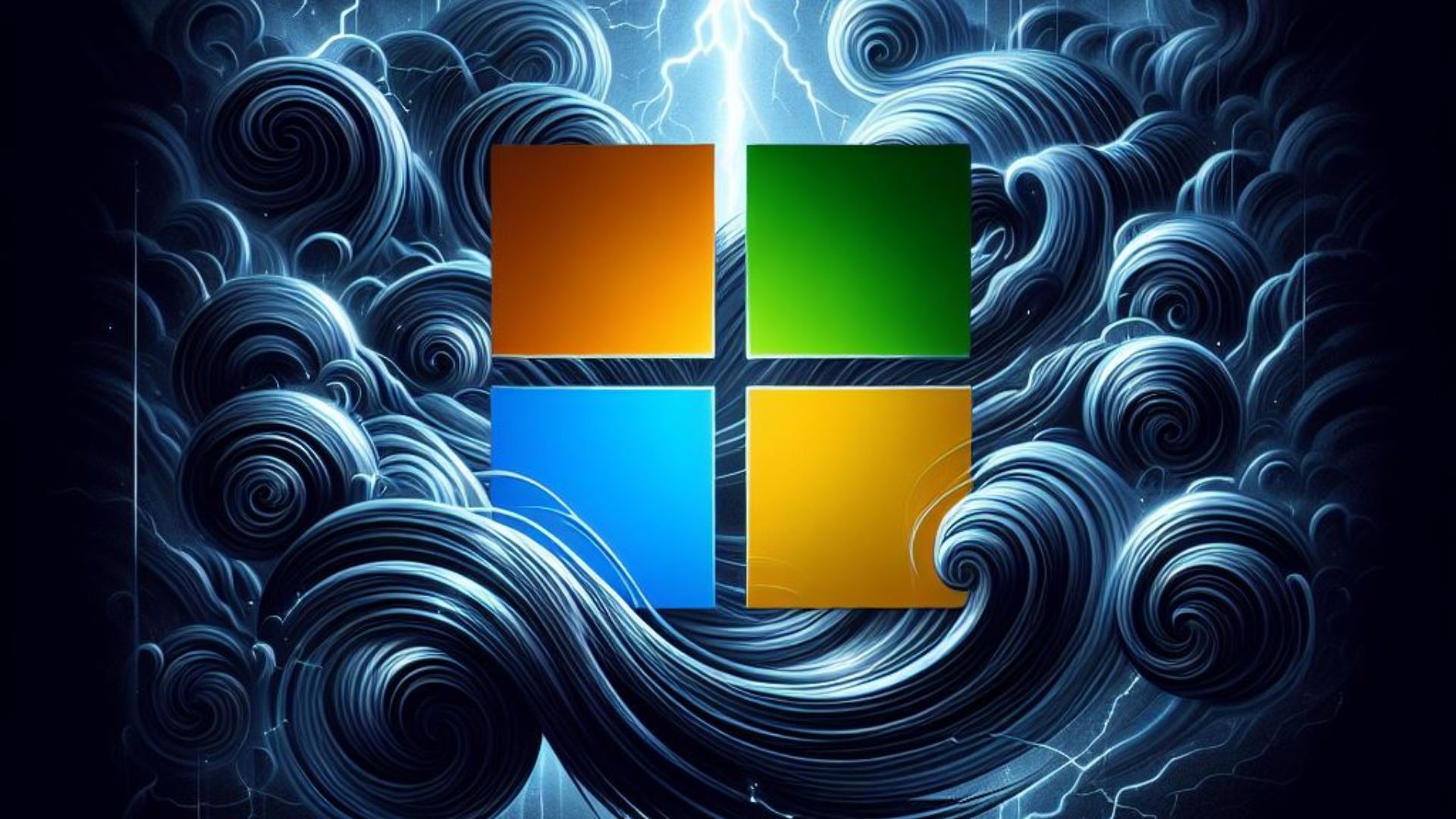At Build 2018, Microsoft will continue to form the foundation for ubiquitous computing's future
If you blink, you may just miss how the world of computing is changing right now.
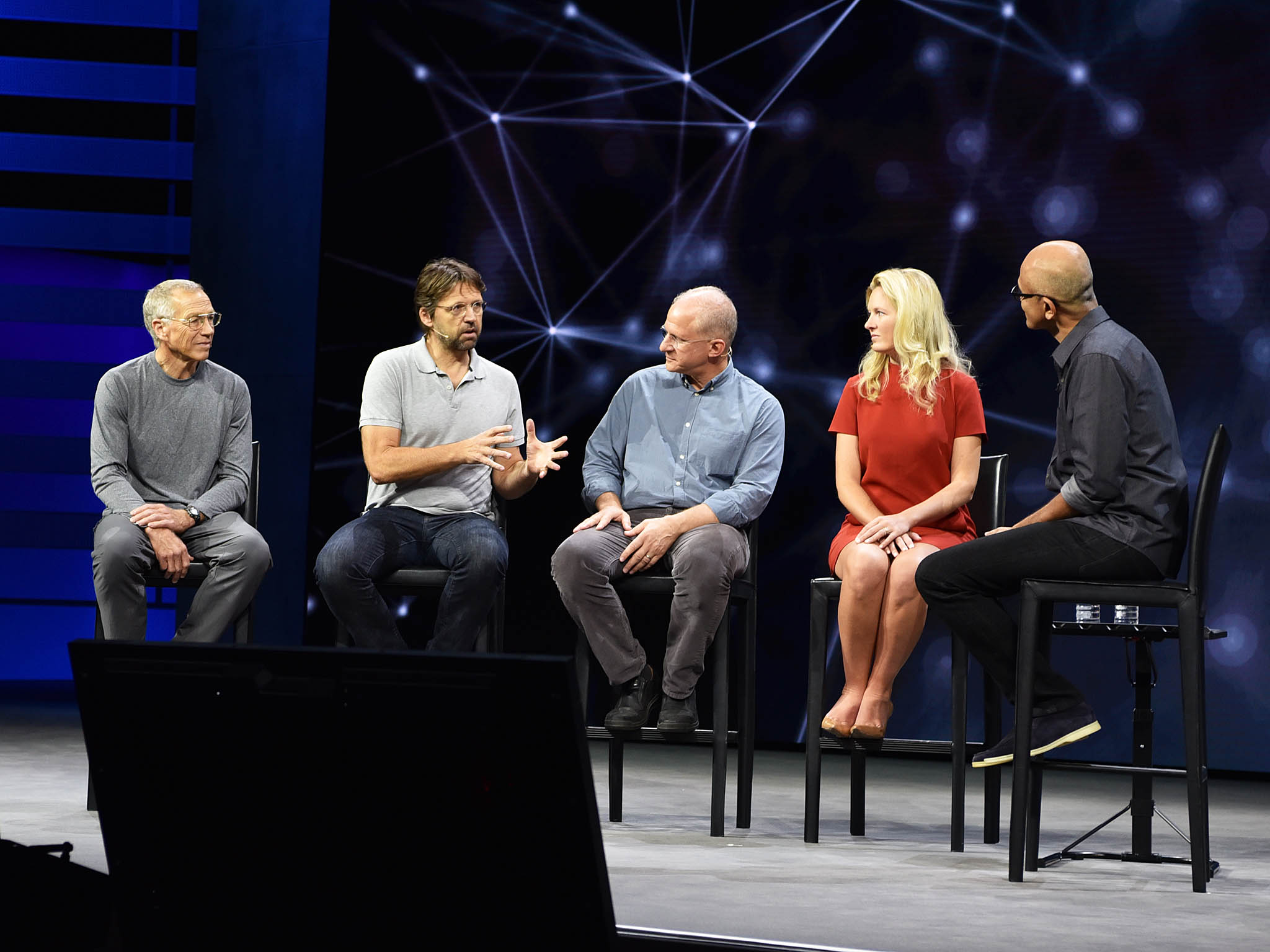
All the latest news, reviews, and guides for Windows and Xbox diehards.
You are now subscribed
Your newsletter sign-up was successful
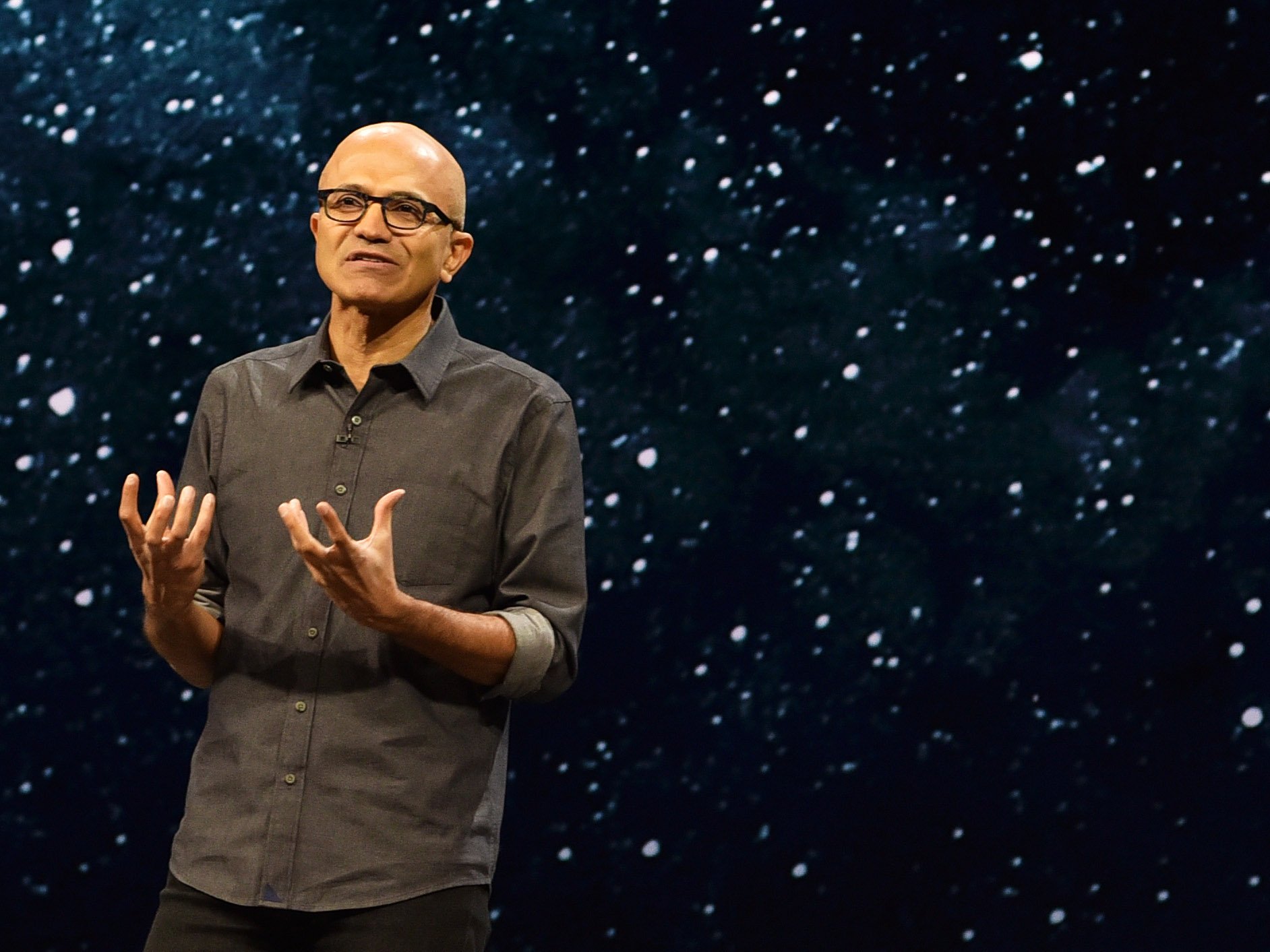
As we head into yet another Microsoft Build developer event, the focus of the company shifting will likely be more evident than ever. That's not to say, as some like to repeat, that Microsoft is becoming analogous to IBM (a company whose stock is down significantly from its peak in 2013). Rather, Redmond is positioning itself for the next generation of computing.
Navigating that new world as a consumer-orientated site and reporter is challenging. While covering the latest updates to Office or various new messenger strategies was never thrilling, artificial intelligence (A.I.), the "cloud," "intelligent edge," and seemingly abstract concepts like quantum computing feel like science fiction at times.
Microsoft's strategy for the future
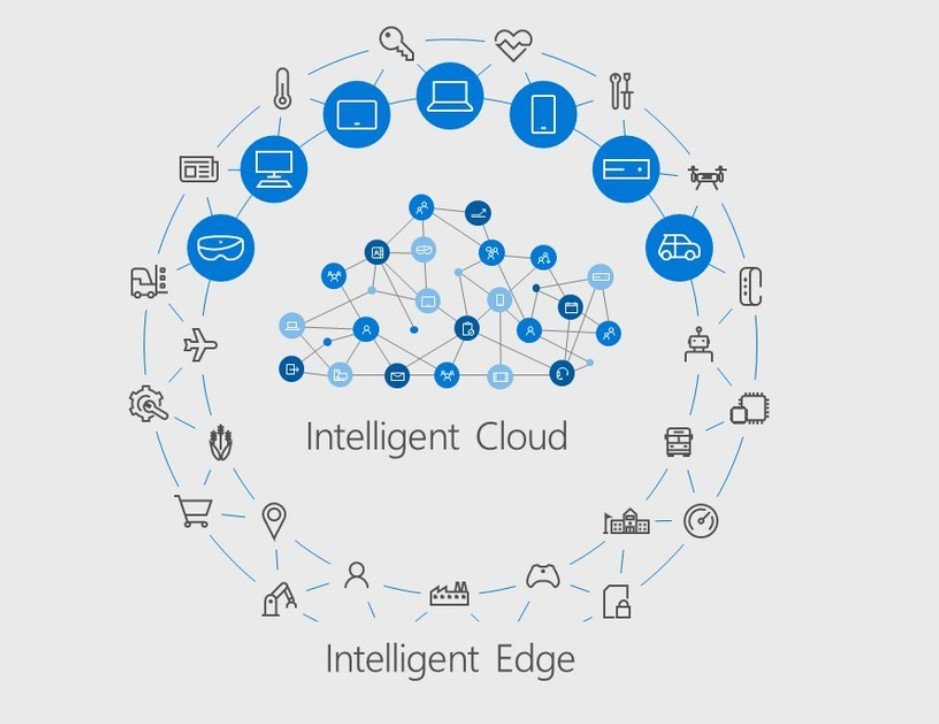
Compared to Apple or even Google – which develop their OSes behind closed doors – Microsoft is building Windows 10 out in the open for everyone to see. The Windows Insider Program (WIP) is Microsoft making its OS as an ongoing, beta project. While the company announces some new surprise features, it does so on a cadence of every few weeks, instead of a once-a-year press extravaganza.
There are no significant surprises anymore because Microsoft lets you into the kitchen. And you mostly know what's for dinner.
This Windows development strategy results in a situation where you don't quite realize how you get to where you are because it happens so steadily (versus one giant "update" like going to Windows Vista).
In that sense, I get how Microsoft Build might feel like a let down for some Windows enthusiasts. For Microsoft, it's no longer about creating whizbang new apps that attempt to catch up to its rivals, or even new hardware — it saves that for independent Surface events where the message is more focused.
I'm now starting to see and even understand where Microsoft is heading in 2018 and beyond. The strategy is very much like the pre-Internet days where people just imagined everyone having a PC that was connected via the world wide web, standards for web browsers, omnipresent 3G, 4G, and even 5G data networks, GPS for consumers (instead of only missile guidance systems), USB for peripherals, and microprocessors to power it all. There was a time when none of that existed, yet people imagined it would happen.
All the latest news, reviews, and guides for Windows and Xbox diehards.
Microsoft leading the tech charge
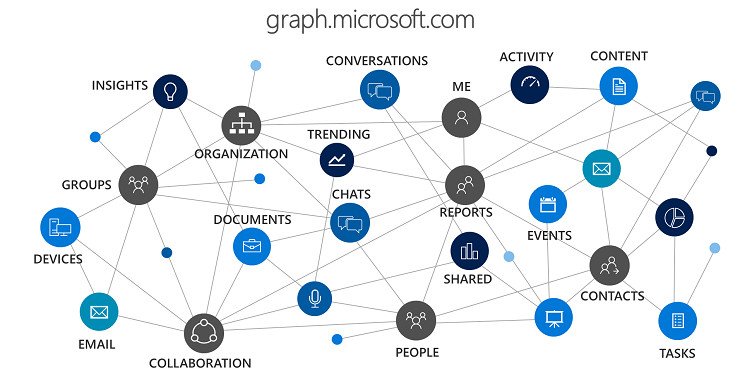
Microsoft had little role in shaping that world. While it used Internet Explorer to benefit from it, the company was mostly reacting, not leading.
The next evolution of computing is not desktop PCs, laptops, or even smartphones.It's ubiquitous and ambient computing. It's Internet of Things (IoT), where your thermostat is not only connected to the internet but has a smart assistant letting it talk and answer questions. Whether it's intelligent speakers that act on your vocal commands, smart ovens that ensure you don't burn a casserole, or doorbells with full HD cameras in them, we're heading into some strange times.
Computing is now going to be distributed, parallel, cloud-based, ambient, and ubiquitous. The reason for such systems is to improve efficiency, speed, and the simple fact that local, centralized computing networks – or even cloud-based ones – simply cannot keep up with having these many devices constantly connected to them, each vying for precious resources and algorithmic processing. It'll also be inclusive because everyone should be able to participate.
The computer in your bag or phone in your pocket will continue to evolve, but now it's time to make the rest of world "smart" and connected. Instead of configuring computers to our liking, the computers will learn about us, suggesting ideas, things to buy, reminders, and more (much of this is already active if you use Amazon).
Whoever gets to build this world – and the backbone for it – will be in a position of strength decades from now. Think of how Netflix attacked watching movies compared to Blockbuster video. While sending DVDs in the mail was catching on, and it was still well ahead of Blockbuster, Netflix immediately shifted to streaming movies, well ahead of anyone else. The rest, as they say, is history.
That is what Microsoft is doing ... or it's trying to. Whether it is Azure, AI, Cortana, Machine Learning, containers, cognitive services, or bot frameworks — these are the tools that other companies will use from Microsoft to build your next consumer products. Microsoft's technologies, in theory, are what will help self-driving cars, drones, sensors, smart-home devices, and more. Google, Amazon, and to a much lesser extent, Apple, are all attempting similar programs.
We are seeing some of this now. Microsoft's new Timeline feature for the April 2018 update is part of this "intelligent edge". The idea that your PC history follows you in the cloud from device to device (and beyond PCs) is the start of this idea of always-connected, ubiquitous computing.
A bright future for Microsoft — and for you

I appreciate why some consumers may find all this esoteric jargon and future computing talk boring. At Microsoft Build, don't expect Surface head Panos Panay to get on stage to reveal a new phone, or Xbox head Phil Spencer to announce a new Xbox One X mini.
Like the pre-Internet days in the 1990s, it was difficult to imagine 4K video conference calls, 1Gbps internet to your home, or using your phone as an independent navigation tool. But that's all possible now. The intelligent edge, cloud, AI, IoT, and ambient computing are all coming slowly but surely to fruition.
Your technological world is changing right before your eyes, but if you don't pay attention, you'll miss it.

Daniel Rubino is the Editor-in-Chief of Windows Central. He is also the head reviewer, podcast co-host, and lead analyst. He has been covering Microsoft since 2007, when this site was called WMExperts (and later Windows Phone Central). His interests include Windows, laptops, next-gen computing, and wearable tech. He has reviewed laptops for over 10 years and is particularly fond of Qualcomm processors, new form factors, and thin-and-light PCs. Before all this tech stuff, he worked on a Ph.D. in linguistics studying brain and syntax, performed polysomnographs in NYC, and was a motion-picture operator for 17 years.
